Former top diplomat Renée Jones-Bos encourages other women to follow her example: ‘Go for it – you can make a difference.’
Weblogs
The Netherlands has more than 150 ambassadors, consuls-general and envoys – highly skilled diplomats who work every day to promote the Netherlands’ interests abroad. About 60 of them are women. Former ambassador Renée Jones-Bos enjoyed a rich and varied diplomatic career. On the International Day of Women in Diplomacy, she explains why it’s so important for women to play a prominent role in international diplomacy.
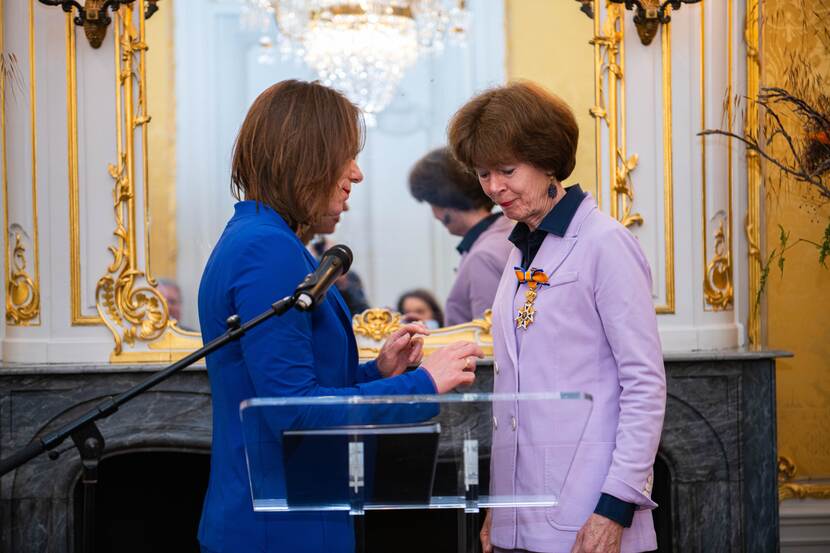
The UN has chosen 24 June as the annual International Day of Women in Diplomacy. The aim of the initiative is to highlight the importance of women’s active participation at every level of diplomatic decision-making, since that is essential in order to promote equality, sustainable development, democracy and diplomacy.
Royal honour
Renée Jones-Bos rose to the very highest levels of diplomacy in the course of her career, and as a result she is an aspirational example to all women in that field. She was the Netherlands’ first female ambassador to both the United States and Russia, and the first woman to serve as Secretary-General of the Ministry of Foreign Affairs and Human Rights Ambassador. In recognition of her decades of commitment to Dutch diplomacy, on 17 June Ms Jones-Bos was appointed Commander of the Order of Orange-Nassau, receiving the royal honour from the foreign minister, Hanke Bruins Slot.
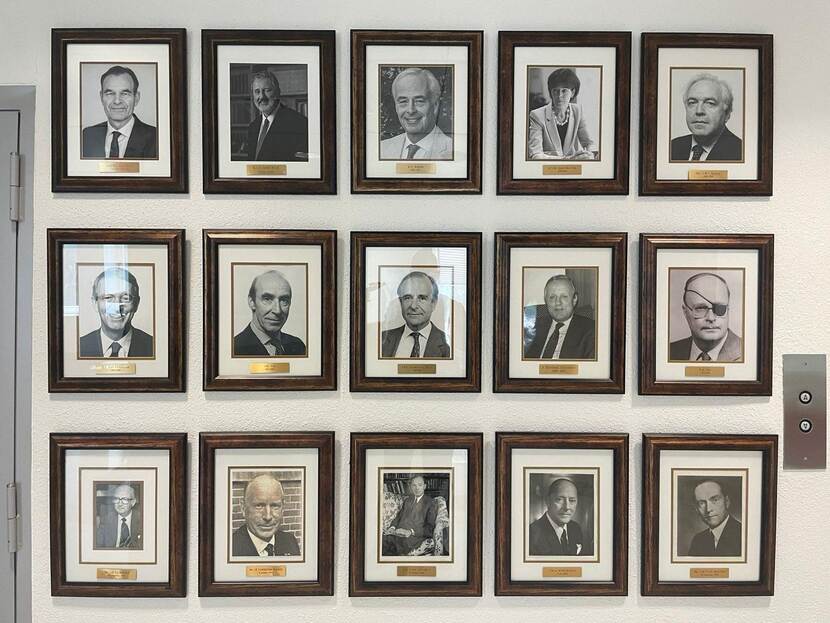
A wonderful profession
‘It’s a wonderful profession,’ she says enthusiastically. ‘It means something – that was the case 40 years ago, and it’s even more true today. As a diplomat you’re working to boost security, equality and prosperity in the Netherlands and around the world. I’ve always felt that was very special.’ For more than 40 years, from Moscow to Washington, as well as in The Hague, she dedicated her career to public service, working in crucial positions. But she had to clear her own path as she progressed. She explains: ‘I started my career in Moscow in the late 1970s as an assistant agricultural attaché. That was where a lot of things came together for me: my Russian studies, international relations, and certainly the close contact between the Dutch embassy and our agricultural office. After those early years in Moscow I applied for a place in the foreign ministry’s diplomatic service training programme – what used to be called ‘het klasje’.
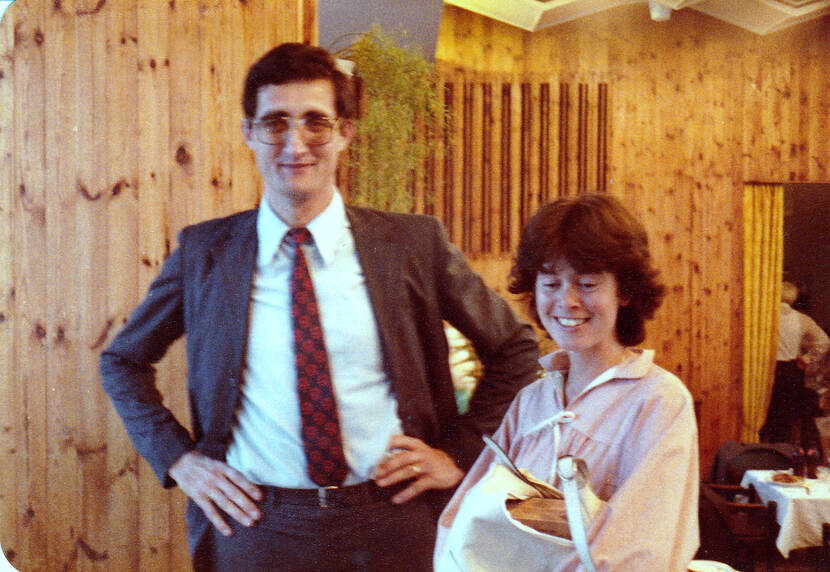
A different era
‘That wasn’t an obvious choice for many women in those days,’ she adds. ‘BZ was a traditional ministry that employed mainly men – as were most of the other ministries, in fact. But the work appealed to me, so I applied. And it was only when I started the training programme that I discovered I was the only woman.’
Despite that, Ms Jones-Bos set to work with enthusiasm. She received encouragement from time to time, not least from other women at BZ. Renée: ‘There were already some women working there, and that was certainly helpful. The head of the Southeast Asia division, for instance, helped me get my first posting, to Bangladesh.’ She adds, ‘Of course there were also men who helped me get ahead, and who gave me a chance or alerted me when an interesting position opened up.’
Turning point
Ms Jones-Bos still clearly remembers the turning point that brought more women into the diplomatic service. She explains: ‘After my first postings to Bangladesh, Suriname and the United States I returned to The Hague. That was in the 1990s, when BZ’s ambition was to hire women for 50% of its vacant positions. I was working in the personnel department at the time, so I was involved in recruitment and selection. And on average we were indeed able to hit the 50% target, which meant that we suddenly had a big influx of women in the civil service. It’s been great to see how many of those women have advanced in the organisation, becoming ambassadors and directors.’ That’s not surprising, she says. ‘Women are particularly suited to diplomacy. It’s work that requires empathy, understanding – and sometimes firmness. Those are all skills that women bring to the job.’
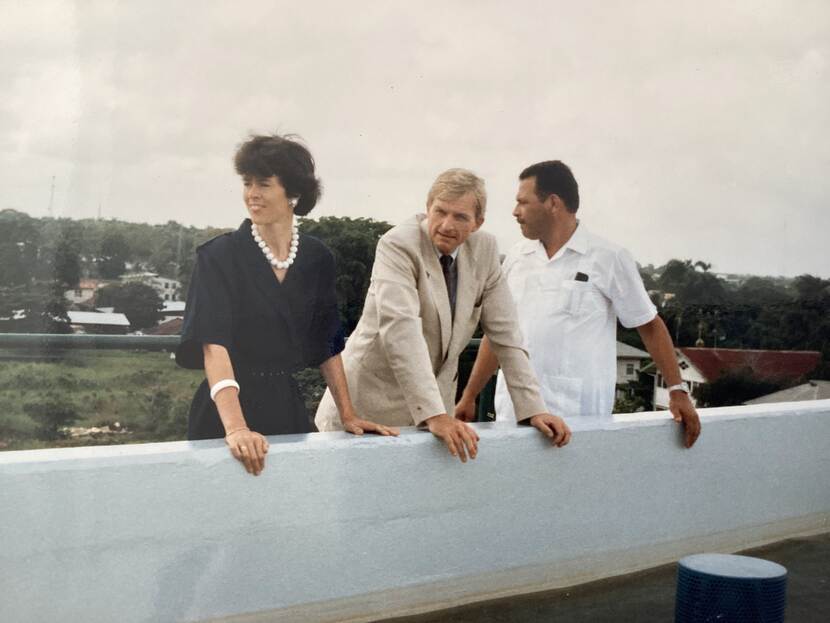
Turbulent times
Ms Jones-Bos believes that these qualities are even more important in today’s turbulent world, where diplomatic relations are under pressure. ‘It’s not at all easy to work at BZ right now. We live in challenging times: a war is taking place on our own continent, and the world order we once knew has changed.’ She reflects on an earlier era: ‘Our work was difficult during the Cold War too, but in those days we had two world powers that balanced each other out. So the situation was less complex, in a way. And it always remained a ‘cold’ conflict, whereas Russia’s invasion of Ukraine is anything but cold.’
‘Much of the existing world order is on shaky ground, so we need new ways of doing things,’ she says of the current situation. ‘That’s an incredibly difficult task. So I’d like to dedicate this honour that I have received from the foreign minister to all the people who are developing and implementing our foreign policy today.’
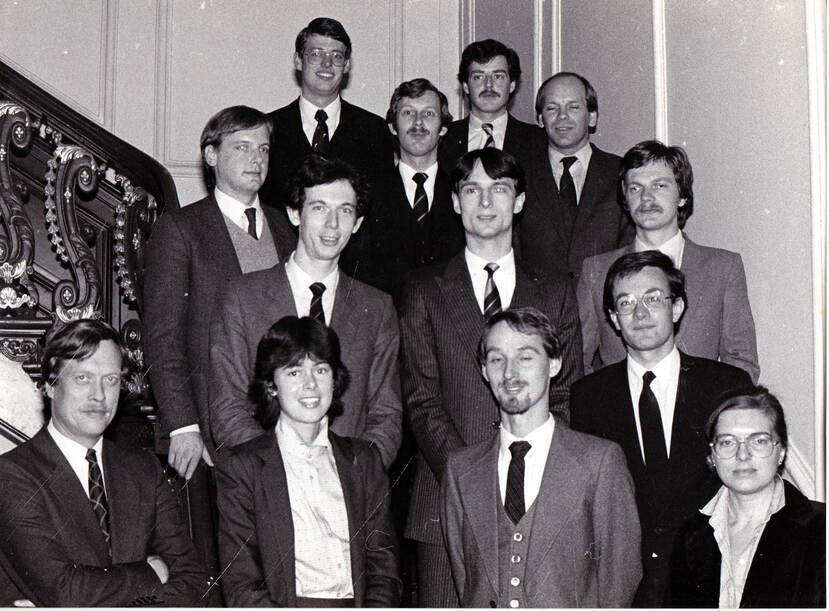
Women in diplomacy
Ms Jones-Bos hopes that her years of public service in The Hague and around the globe show that diplomacy is an excellent career choice for women. She has this advice for young women with ambitions in this area: ‘Go for it – you can make a difference. And don’t get discouraged. It’s definitely not easy, nor is it always fun. You won’t land your ideal job right away. But if you take your time and proceed step by step, you’ll be able to make a big contribution.’